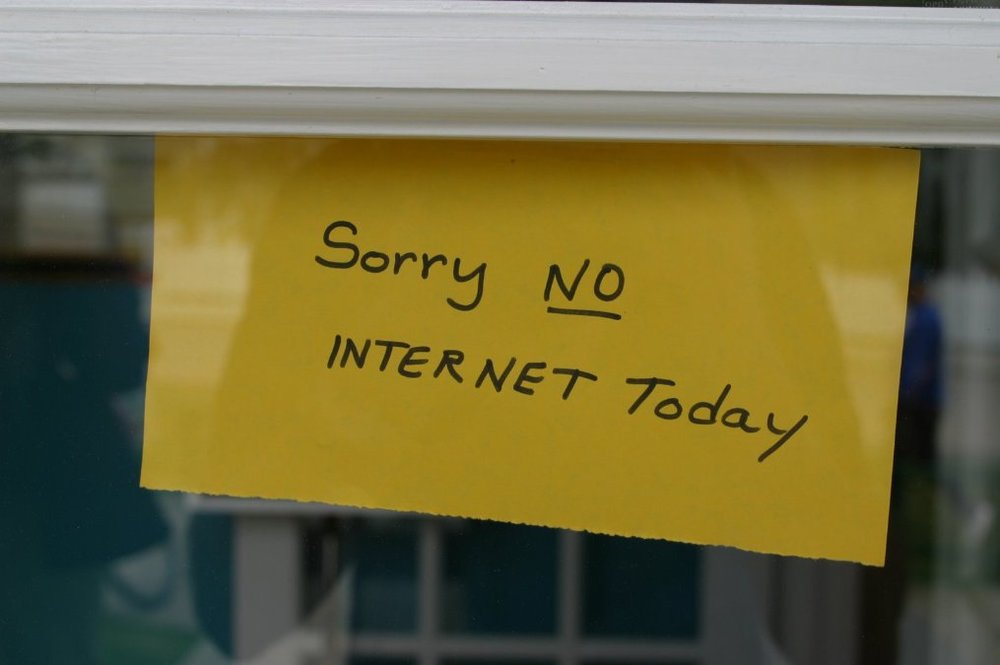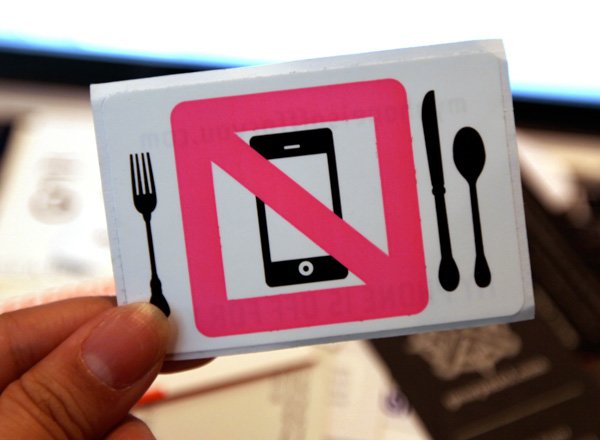Many of us are so hooked on our social media accounts. At times, we even feel that disconnecting with this virtual world seems to be a real struggle. We have this strong desire to remain connected for several reasons; from getting in touch with our loved ones and friends to knowing the latest about them and learning what’s in and what’s hot.
We tend to stay online, joining the bandwagon for whom “log out” is the hardest button to click. Despite our personal reasons as to why we keep ourselves connected as often as we wish, we should always consider going offline and unplugging ourselves from time to time. Doing this lets us reconnect to the “real world” and communicate with the “real people” – which is a lot more important.
It’s undeniable that being active on various social media platforms – Facebook, Twitter, LinkedIn, Tumblr, Reddit, YouTube, Google Plus, Instagram, Snapchat, Vine, and Pinterest – has a handful of advantages. However, overdoing it can do more harm than good. Therefore, before we get beaten by its drawbacks, it’s high time we join the social media detox challenge.
 The Link between Social Media and Depression
The Link between Social Media and Depression

If you’re feeling jealous whenever you see your friends post good things on either Facebook, Instagram or Twitter, or you’re suddenly feeling depressed when you have “nothing to boast about” in your timeline or newsfeed, well, you’re surely one of those folks who need some “digital detox!”
Various clinical research findings show a connection between increased social media usage and deterioration of mental health. Likewise, this has been one of the triggering factors that lead to extreme depression episodes.
Related studies state that people who tend to update their status most of the times and spending lots of their time conversing on chatrooms reciprocating “likes” than doing a much productive work are actually very lonely and bored.
 Social Media Detox is the key to social media addiction and anxiety
Social Media Detox is the key to social media addiction and anxiety

Another recent study revealed that using multiple social media platforms may put you at increased risk of depression and anxiety. Therefore, it’s best for everyone to discern and have some reality check.
Many victims aren’t even aware that they have been greatly affected by their urge to be active online. Their social media presence has an immense impact on their “real” interpersonal and communication skills. It could also affect relationships, productivity, and mental health.
One good way to deal with this social stress or anxiety is to take the social media or digital detox challenge. It is unhealthy to spend an average of two hours or more per day on your social media sites and apps. Thus, this requires immediate action to prevent addiction and depression. It’s really recommended that you either totally ditch the habit or at least avoid going online over the weekend or during your vacation.
 Here are some simple yet effective ways to start the “detox” challenge:
Here are some simple yet effective ways to start the “detox” challenge:

- Turn off mobile notifications and unsubscribe from alerts.
- Buy a “real” alarm clock. As such, you won’t need to put your mobile phone on at night.
- Logout of social media accounts and disable auto-logins. This will require you to exert more effort signing in than just do it in one tap or click.
- Unfollow pages or leave social groups that have nothing to do with you personally and professionally. This can free up some space on your news feeds and ‘cut some guilty pleasures’.
- Don’t bring your electronics (mobile phones, tablets, and laptops) to the dining table. Meal times should serve to bond with your family and folks.
 Benefits
Benefits
Putting little efforts to minimize―if not totally eradicate―your online presence is beneficial. You’ll have more free time to spend for yourself, work, family, and friends. You also get to feel more joy and contentment with what you have and whom you are with. Furthermore, you’ll get the ability to boost your self-confidence and self-worth.
Detaching yourself from your phone and truly unplugging from the so-called virtual world can seriously improve your life, work, and relationships. You also get to stop your obsession as to not getting updates from your social media friends and networks. Therefore, you reconnect with the real world, and most importantly, continue “living the moment”.
Nothing beats having real conversations with real people, especially your loved ones and friends. Find time to again join the bandwagon, but by counting yourself in this time. Take the 30-day social media detox challenge. You’ll be surprised at what you can gain. Good luck!




